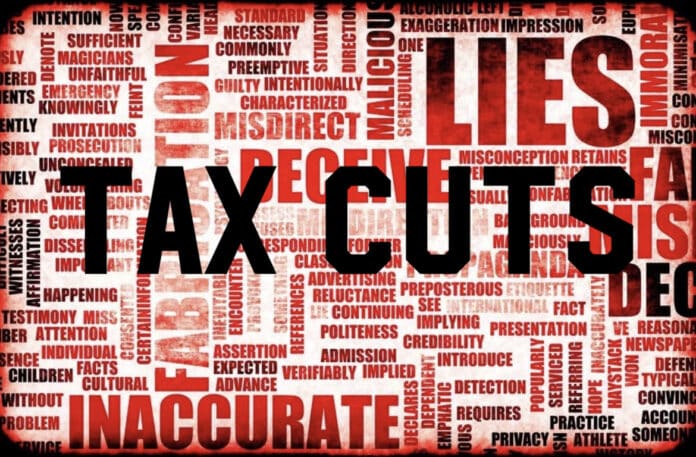Every election, the right of politics attempts to appeal to the richest 1% and the gullible next 30% with the promise of a ‘garden of Eden’ in which individuals can take back control of their lives. Most of this demographic fall for it because they love money. In fact, for many of them, it is more important than pretty much anything. They care little or nothing for the other 60% of the population and merely blame them for their issues. Anyone who challenges their argument is just ‘envious’. They believe the rest just want to be like them. Narcissists that are bordering on or are fully fledged sociopaths.
If, however, all of the 60% voted with liberated minds, these people would never get their party of selfish people into power. If all were awake to the consequences, we would never have had a right-wing government. The corporate media, however, plays a major role here. Distract people from reality and feed them offal. The offal becomes the diet and for enough of the 60%, they are conned to help the narcissists regain power.
The following article goes some way towards helping those who have not yet seen the light of reality.
Now let us assume that the whole 60% vote and that they are open-minded enough to prefer reality over corporate offal. This is what they would take on board, digest and act upon.
The impact of tax cuts:
- Reduced Government Revenue: Tax cuts lead to a decrease in government revenue, which can limit the government’s ability to fund public services and programmes, including healthcare, education, and the welfare state. This can result in budget deficits and a reduced quality in those public services.
- Potential Austerity Measures: In response to reduced revenue from tax cuts, the UK government may implement austerity measures, such as cuts to public spending and services, which can negatively affect citizens, particularly those who rely on government support. This is what we have had since 2010. A never-ending attack on the 60%.
- Income Inequality: Depending on the design of the tax cuts, they can exacerbate income inequality. If tax cuts disproportionately benefit high-income individuals and corporations, they may worsen the wealth gap in the UK. Look no further than https://equalitytrust.org.uk/scale-economic-inequality-uk
- Impact on Welfare Safety Nets: Tax cuts can strain the funding for social safety nets, including unemployment benefits and housing support, making it more challenging for vulnerable populations to access essential support during difficult economic times.
- Reduced Investment in Public Infrastructure: A decrease in government revenue due to tax cuts can result in fewer investments in critical public infrastructure projects, such as transportation and housing, which can hinder economic growth and quality of life.
- Potential for Budget Deficits: Tax cuts without corresponding reductions in government spending can lead to budget deficits, which may require future tax increases or additional cuts to public services to address the fiscal gap. This usually occurs a short time after an election has been won.
- Pressure on Public Healthcare: Tax cuts can put pressure on the National Health Service (NHS) by reducing available funds for healthcare services, potentially leading to longer waiting times and reduced quality of care. Few need this explained further.
- Economic Uncertainty: Large and sudden tax cuts can create economic uncertainty, making it challenging for businesses and individuals to plan for the future, potentially impacting investment and consumer spending.
- Risk of Asset Bubbles: Excessive tax cuts during economic booms can contribute to asset bubbles, such as in the housing market, which can pose risks to financial stability and economic stability. The UK economy is now almost entirely dependent upon the housing bubble. It pops and the whole economy pops with it. Hence, the government keeps house building targets low in reality to keep supply side low and house costs high.
- Limited Stimulative Effects: The effectiveness of tax cuts in stimulating economic growth and job creation is a subject of debate. Depending on how individuals and businesses respond, the stimulative effects may not be as significant as expected. The trickle down model is a con and as the analysis of inequality above reveals, it is just a huge lie.
We are promised tax cuts every election by those on the right of politics and guess what we have as a result? A history of high taxation and borrowing from the very party that self-styles itself as the most trusted on the economy. And for the record, it has very little to do with Covid.
Now we can continue to be ****** or we can take our country back from these charlatans.
Jason Cridland
If you would like your interests… published, submit via https://dorseteye.com/submit-a-report/
Join us in helping to bring reality and decency back by SUBSCRIBING to our Youtube channel: https://www.youtube.com/channel/UCQ1Ll1ylCg8U19AhNl-NoTg SUPPORTING US where you can: Award Winning Independent Citizen Media Needs Your Help. PLEASE SUPPORT US FOR JUST £2 A MONTH https://dorseteye.com/donate/







